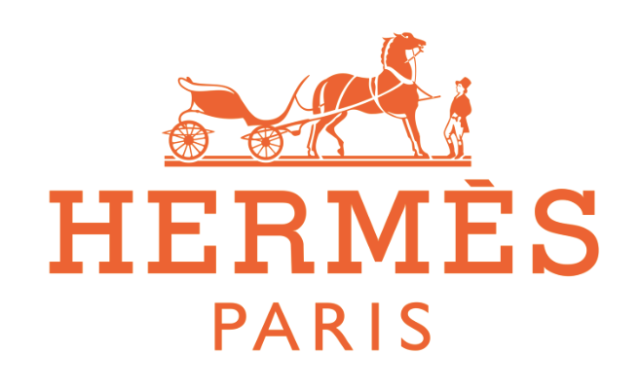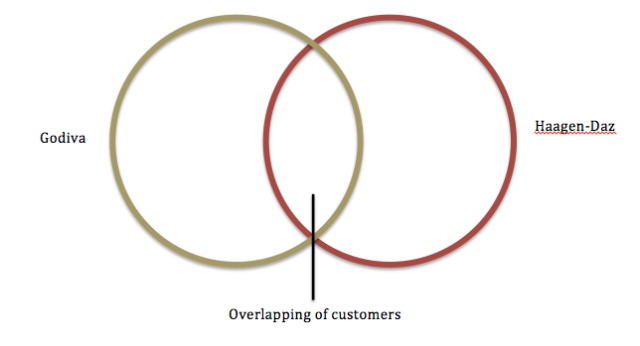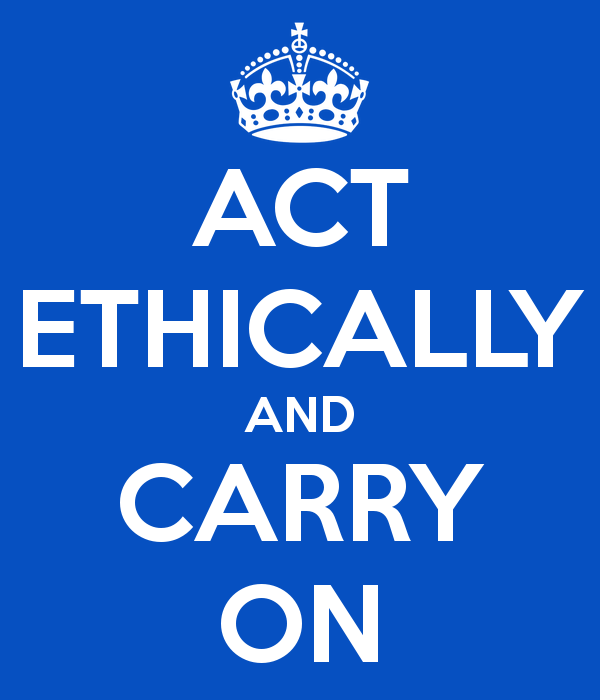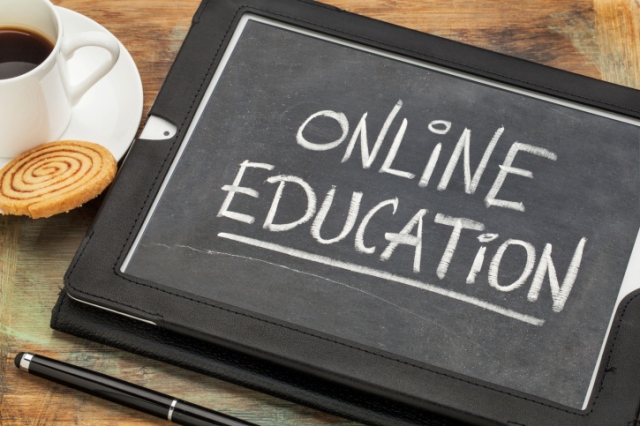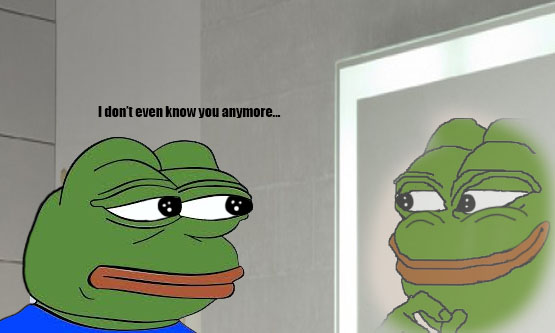Initially when I first started out this module, I was unaware of the rising concerns in this digital world and had only little knowledge. However, as the module progressed and more topics were covered, I have definitely gained new and important insights regarding the digital world, most of which I had not expected to uncover. One of which is learning the impact our professional online profile has on our career prospects and how these social media platforms can be used more professionally. Through the module, I have learnt how to fully develop and utilise my online profiles.
Development of Professional Online Profile
1. LinkedIn
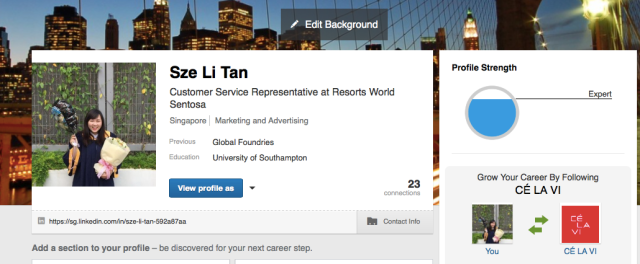
(My LinkedIn Profile)
On my LinkedIn page, I have treated it as my resume while injecting some personality in it, so that people can know me through a more personal level as well. I’ve followed a number of influencers and joined 21 communities relevant to industry.
How to improve?
My current LinkedIn profile strength is “Expert” but i intend to attain the highest level, “All-star” and this can only be done if i met the final criteria by having at least 50 connections (Donna Serdula, 2014). As of now, I only have 23. Therefore, by the end of December 2015 I will get connected with 55 people and at the same time, keeping my LinkedIn profile updated.
My goal on LinkedIn is to establish a positive reputation and raise awareness for my profile (Myself) amongst the industry of interest – Marketing and Advertising. I will first focus on 3 communities (Leadership and Management, Entrepreneurship, Marketing and Advertising) I am following and read 1 article from each community a day which I will provide well-thought comments when I can. After 6 months, I hope to publish posts of my own on these platforms.
2. Google +

To establish a strong online presence, Google + is a must have as it increases my profiles visibility in Google when relevant information is keyed into the search engine. (Thrive, 2015)
How to improve?
As the information required on Google+ Profile is generally similar to LinkedIn, I will work on the creativity of these information presented so that it will not seem like it’s duplicated and will completely fill-in my profile. I would start encouraging my friends to use google hangout and do more collaborations through google so that it would build up my profile activity. (Ashley Ward, 2015)
3. Twitter
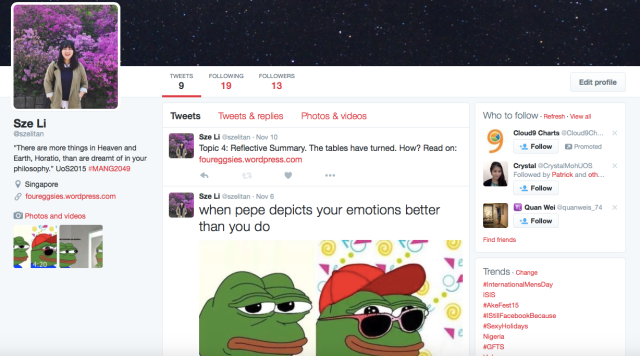
(My Twitter Account)
4. Pinterest

Even though Pinterest is rarely thought of when developing a professional profile, it does provide a good insight on my interests and personality through a simple, refreshing way.
View my Pinterest account
How to improve?
As I am new to Pinterest, I have only created 1 board called “Design Inspirations”. For the next 6 months I hope to create new boards, named – Design Tips, Typography, Marketing Campaigns and Logos for Inspiration. I hope to achieve 50 pins for my boards from the public and gain followers. When these boards are well established, I will go on further to create a Pinterest board widget and link it to my personal blog, twitter and Facebook to enhance my professional online profile.
5. Personal Website/Blog

In gaining online presence, a personal website is particularly important in showcasing your works and profile, as well as increasing visibility. (Alexandra Janvey, 2014) This blog also acts as a point of reference to all my other online profiles (LinkedIn, Google +, etc) by including a social media widget as well as including a new “Aspiration ” page. This Aspiration page substitutes for the creative works I have yet to create.
How to improve?
On my personal blog, I intend to regularly write posts (once a month) regarding marketing news from sources such as Marketing Week, Forbes and Marketing Interactive. The post shown in above picture is a brief example of my intentions. From these posts I would analyse the news and reflect on what I’ve learned while linking it to my other profiles so that I could draw traffic to my blog. I hope this blog would demonstrate expertise and my positive learning attitude.
6. Facebook
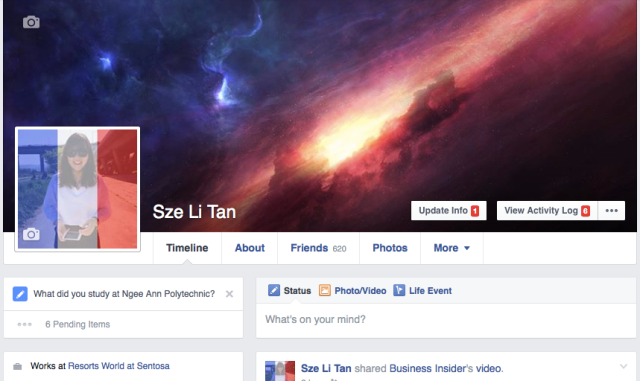
View my Facebook Account here
As my social network is largest on Facebook and it is easy for sharing, it will be mainly used as a medium to draw traffic to my other profiles.
Learning Points
From comparison of Audit:
(most impactful learning points)
Participating in online communities (From 3 > 4)
Before this module, I had little exposure to online communities mainly because I wasn’t exactly sure where to find them. But through researching for this module and creating new profiles, I found many online communities to participate in and I’m thrilled to interact with people of similar interests.
Managing Your Online Identity (From 3 > 4)
The impression I had of online identity when i started out was merely the presence of my social media accounts meant for personal use and I’ve not considered the question – single or multiple online identities. However, during the module, I’ve often pondered about the implications of single or multiple online identities and at the end of it, I’ve found myself rooting for multiple online identities through the development of my profiles.
Overall, this module has definitely intrigued me to find out more about the digital world and I love how this module encourages us to voice out on our blogs, using an informal approach.
References:
How to increase your SEO visibility with Google+
8 Tips to Improve your Google+ Profile




